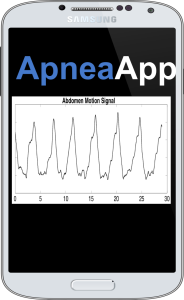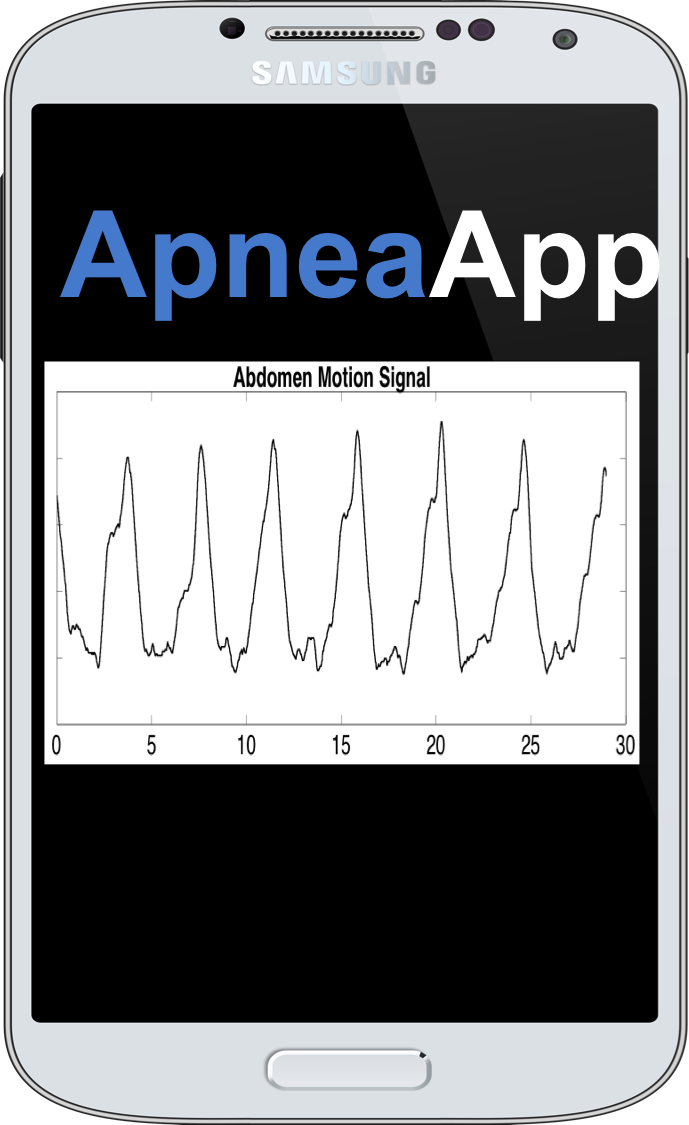Nowadays, it seems as though we use our smartphones for practically everything. So, why not use them for diagnosing sleep disorders? This idea may sound absurd, but an app developed by the University of Washington may be the next revolution in diagnosing sleep issues such as sleep apnea.
Nearly 25 million Americans suffer from sleep apnea, a disorder in which the airway becomes temporarily blocked while asleep, causing snoring or gasping for air. The results of sleep apnea are linked to many health-related problems and goes beyond snoring. Sleep apnea increases your chance of developing a stroke, diabetes, heart attack, plus, increases your risk of being in an accident.
For decades, the only way to diagnose sleep apnea was to stay overnight in a hospital, hooked up to wires, to undergo a sleep study. Now, with the help from a smartphone app, sleep apnea can be diagnosed with nearly 98% accuracy. Through clinical trials, ApneaApp was accurately able to diagnose 32 out of 37 participants with sleep apnea. Researchers are optimistic that ApneaApp will be available to consumers within a couple of years.
ApneaApp offers a simple, yet noninvasive method of diagnosing sleep apnea. The app senses sound waves, similar to sonar while you sleep. ApneaApp will record snoring patterns, which can be reviewed at a later time. Even better is the fact that ApneaApp can be used as many nights as necessary to determine actual sleeping patterns, unlike most traditional sleep diagnostic studies which last only for one night. Researchers are even taking it a step further by seeking the FDA’s approval to validate results of the ApneaApp.
Many sleep apnea sufferers are unaware of their condition. If you find that you are frequently tired during the day, experience mood swings that are otherwise unexplained, consistently wake with a dry mouth or a sore throat, then consider a sleep study to determine if you suffer from a sleep disorder. Our bodies thrive on sleep. Do not ignore your body’s calling for a better night’s sleep.

